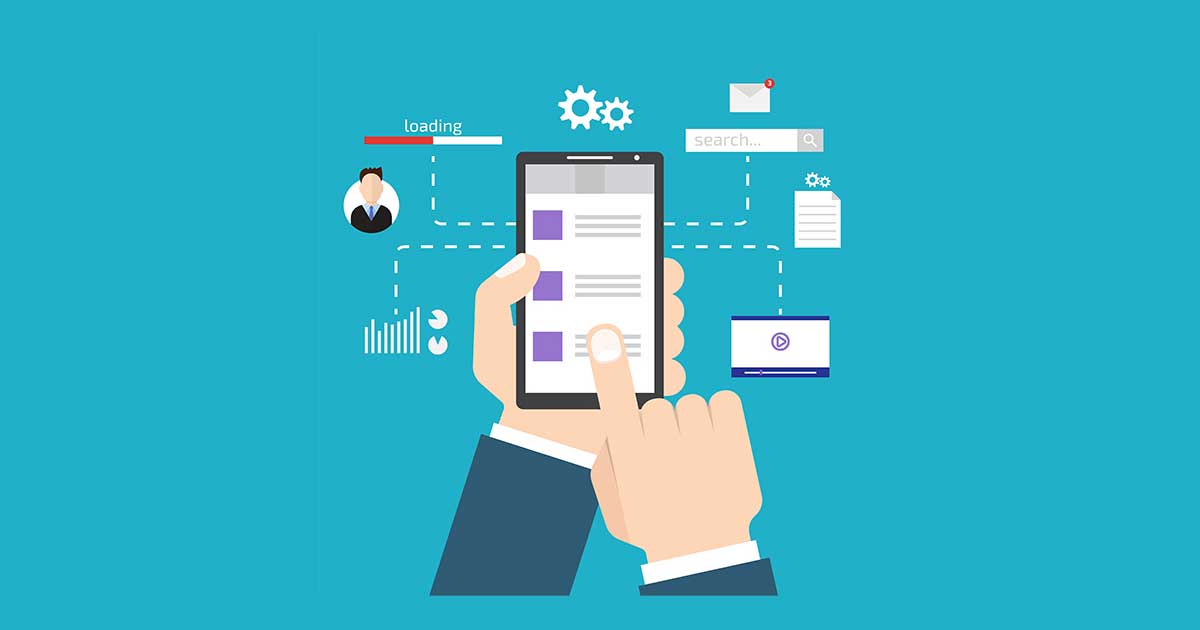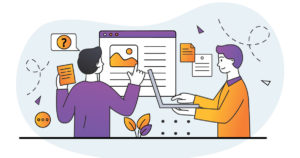Web usability is perhaps the most important factor in any web design. This is the driving factor that keeps your visitors coming back to your website. Below are a few points that you need to consider to increase your website’s usability.
Points to Consider for Improving Your Websites Usability
- Give your website visitor what they are looking for
A visitor means business; they are looking for information and will stay at your site only as long as they get what they want. Provide only relevant information on your homepage that is specific to your end-users. Weblogs and analytics are the best means of finding out which keyword your visitor used and for what purpose they could have visited your website. - Tell your visitor what your site is all about
Often websites are crammed with information in no specific order making it hard to figure out what the site is all about. Your site should provide information about what it can offer a visitor on an instant basis. You can do this by providing relevant information on the homepage. You can also provide links like ‘about us’ or ‘about this website’ for further clarification. - Provide site-wide links
Site-wide links are very important in any website. They allow easy navigation to all pages and reduce the time consumed on browsing the pages. Your user can have instant access to what he is looking for from any webpage using the site-wide links. They also allow the search engine robots to cache your pages efficiently. Site-wide links can be provided at the bottom of all web-pages. - Provide a sitemap
A sitemap is the mark of a good website. Sitemaps give the skeleton of an entire site on a single webpage with all links. Since site maps are specifically meant to provide site information they can lead to efficient browsing. - Ensure that your website loads fast
No one likes pages that take a long time to load. Your website visitor makes decisions in seconds and it won’t take him long to press the back button or type another address to access other related websites. So make sure that your site loads fast. Possible reasons for long loading times are:- Use of large graphics, java applets, flash programs or ad banners.
- Inappropriate use of tables, like placing the entire page in a table.
- Placing too much information (more than 50K) on one page.
- Use of free or inferior hosting services resulting in slow data transfer.
- Use of bad or junk HTML codes.
- If your site has too much content, ensure readability
Poor readability can cause your users to leave. Poor readability occurs due to the use of small fonts, poor color combinations, long sentences, repeating background images and improper headings. Tips to improve readability- Make use of proper font size. Generally a font size of 10 to 12 ensures fast reading.
- Make use of proper font types and make sure to use only one font type throughout the page. Verdana or Arial fonts are best for online reading.</li
- Avoid using long sentences. Break your long sentences into shorter, interesting ones.
- Avoid using static and /or repeating background images.
- Use proper headings and provide strategic links.
- Keep your content free-flowing and explain your point by using proper bullets. Break up longer paragraphs into two or three different ones. Separate your thoughts and ideas.
- Avoid justifying your content.
- Test your site before launching
Testing your site prior to launch is very important. You should collect information like site load times, navigation, information availability, content, browser compatibility, etc. while testing.- Test to see if your site loads in all browsers.
- Test all links and see if they are working.
- Test for site errors if any.
- Test for spelling mistakes and grammatical errors.
- Test the site load times.
- Check your server log data regularly
Your server log data is perhaps your best information source to improve your website’s usability. Your weblog can give you information including keywords used most often to reach your site, website downtimes, pages most visited, exit pages, etc. By studying your weblog you can find out which pages a particular visitor accessed and the page at which he exited. This can help you optimize popular pages and give special attention to pages that seem to have the most exits. Overall, studying the server log on a daily basis is very important.















